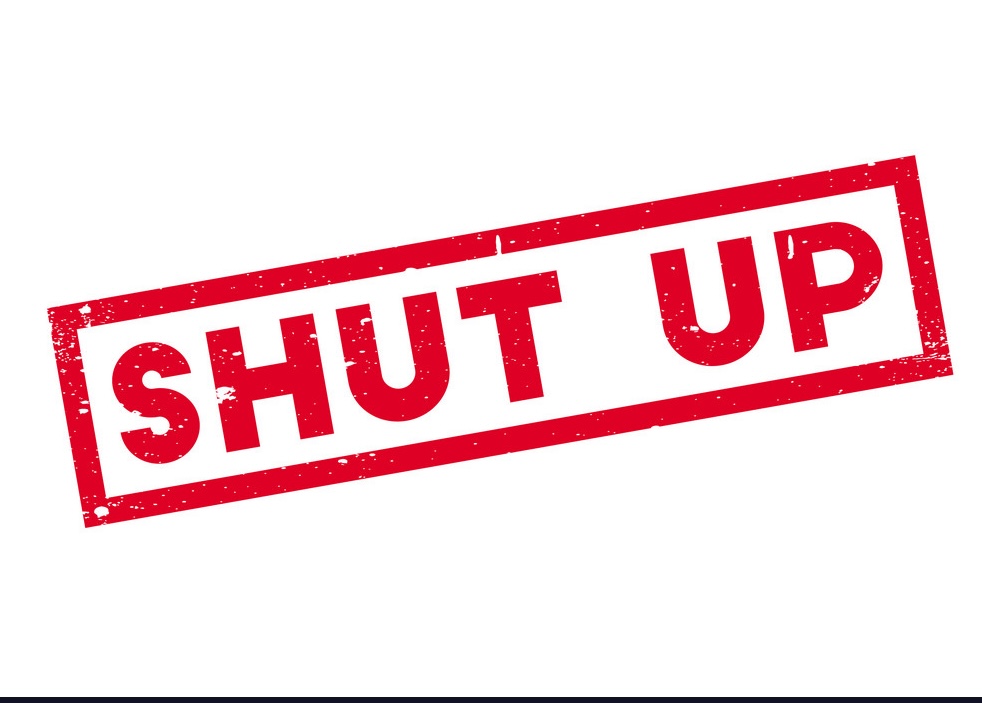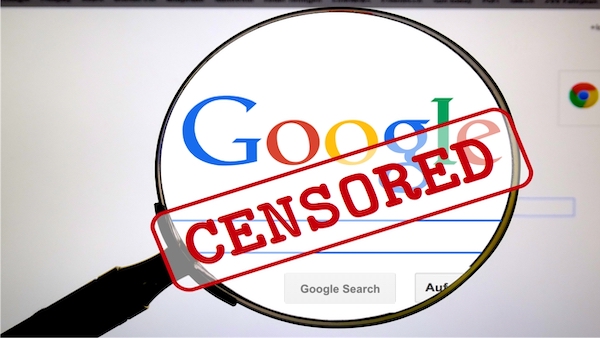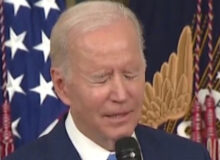by
When you watch a political ad, you often see a disclaimer about who paid for it, usually a political action committee. But what about the committee’s donors? Or the donor’s donors?
That’s the bridge that a San Francisco campaign finance law seeks to cross—now being challenged at the U.S. Supreme Court in No on E v. Chiu—and prohibits a widespread campaign finance practice: donations from anonymous sources.
Say somebody donates to an organization or committee, and then that entity donates to another entity, which makes an ad. A potential purpose might be to legally conceal the source of the donation and keep it anonymous, but then again, it might not.
Arguing in its petition to the Supreme Court, the petitioners stated: “The ‘source of the advertising’ is not the source of the source of the advertising. Information about the speaker is one thing. Information about the speaker’s donors is quite another. Guilt by association is not a First Amendment standard. Disclosure laws justified under the government’s informational interest must inform voters concerning those who support’ a ballot measure or candidate… not those who support those who support the measure or candidate, because they might support the ad. They might have intended to fund it with their donation. Maybe they did. But maybe they didn’t.”
The petition continued, “People have many reasons to donate to Ed Lee Dems. They might intend to support the group’s efforts to promote Asian and Pacific Islander representation, to further civil rights, women’s rights, and LGBT rights, to support public schools, public transportation, and local parks, or to secure access to affordable housing and health care… Motivated by any of these causes, the group’s donors might well be indifferent or even opposed to its positions on Propositions B and E.”
San Francisco’s law, ostensibly to force disclosure of these types of ads, is designed to disincentivize and prohibit anonymous speech. However, it goes so far that it might force disclosure for donors’ donors who might not even endorse the original speech being advertised.
If followed through, this might disincentivize donations to third-party groups because then the donor’s name might be attached to tangential activities of the third-party group unrelated to the purpose of the donation.
This goes beyond if anonymous speech is protected by the First Amendment. In an amicus curiae brief by Advancing American Freedom — cosigned by Americans for Limited Government — anonymous speech is said to be “fundamental” to the right of the freedom of association: “These fundamental rights, so widely employed at the founding and after, are under attack at both the state and federal level. Through its donor disclosure laws, San Francisco undermines the right of organizations like No on E and its members to freely associate and thus partake in America’s long heritage of free and anonymous political association. Anything impairing these fundamental rights deserves strict scrutiny.”






